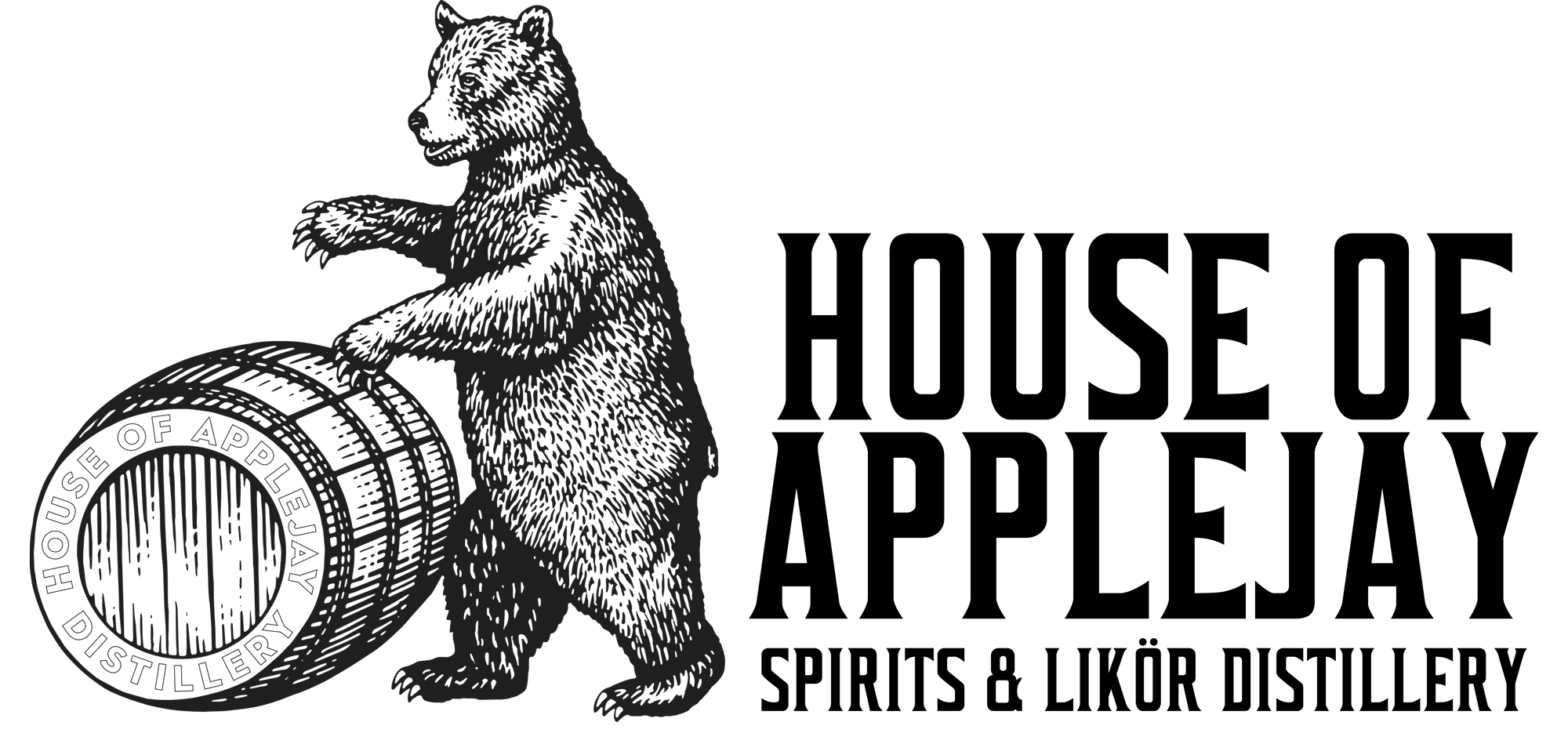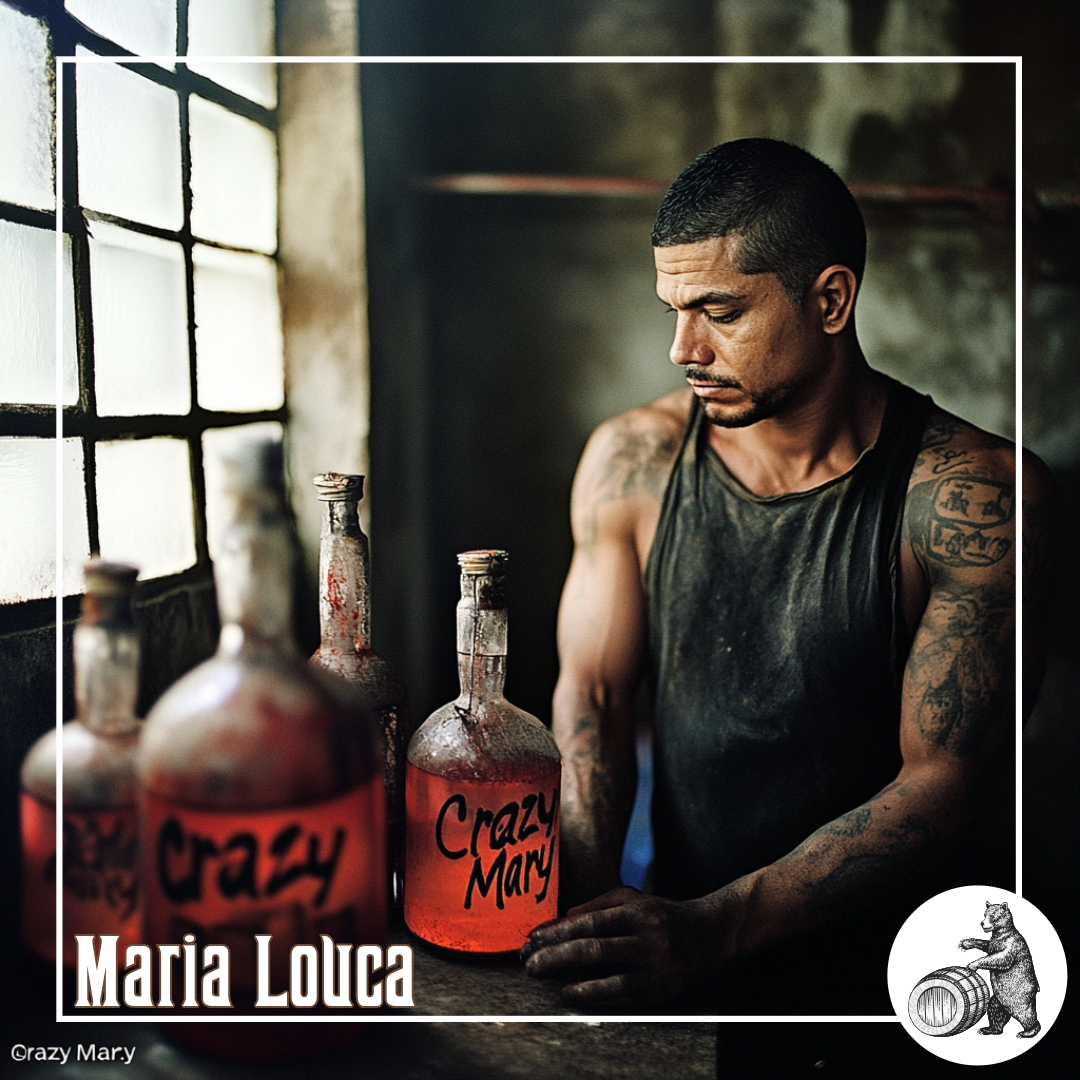Maria-Louca
Brazil’s Prison Moonshine
In the shadowy confines of Brazil’s prison system, a unique and illicit form of aguardiente known as *Maria Louca* (or “Crazy Mary”) emerges. This homemade spirit, first highlighted in Dr. Drauzio Varella’s *Estação Carandiru*, not only reflects the resilience of inmates but also ties into the rich and complex history of aguardiente itself.
Aguardiente
*Aguardiente* is a term used in Latin America and Spain to describe a range of distilled spirits, traditionally made from sugarcane or other fermentable materials. The term “aguardiente” translates literally to “burning water,” reflecting its high alcohol content and the warming sensation it imparts.
Maria Louca
The story of *Maria Louca* begins in the dark and clandestine world of Brazilian prisons, where this particular form of aguardiente is produced under severe constraints. Carandiru Penitentiary, renowned for its overcrowded and violent conditions, is where *Maria Louca* was notably created. Inmates, constrained by their environment, use whatever ingredients they can find—from cereals and fruit peels to candy—to ferment and distill their homemade spirit. This process, often conducted with makeshift equipment, showcases their ingenuity and resourcefulness. The production of Maria Louca, however, was not without risks. The illicit nature of its creation meant that it was often made under dangerous conditions, with potentially hazardous outcomes. The process lacked the safety controls of commercial distillation, leading to possible contamination or harmful byproducts. Despite these risks, Maria Louca persisted as a symbol of resilience and resourcefulness. Brazil’s Maria Lourca moonshine gets you drunk. It is made from sugar, uncooked rice, and yeast. Prison inmates in Brazil also add whatever fruit they can steal from the cafeteria to add much-needed sweetness and flavor.
Dr. Varella’s *Estação Carandiru* brings to light the hidden world of *Maria Louca* and provides insight into the harsh realities of prison life. The book documents how inmates transform ordinary and often limited resources into a potent and illicit beverage, highlighting their resilience and creativity. However, the production of Maria Louca is fraught with risks. If caught, inmates could face 30 days in solitary confinement, highlighting the high stakes involved in this clandestine activity.
The historical journey of aguardiente—from its origins in ancient distillation practices to its diverse expressions in Latin America—illustrates the spirit’s enduring cultural significance. *Maria Louca*, while a stark contrast to traditional aguardiente, embodies the same spirit of adaptation and survival. It stands as a testament to how, even under extreme conditions, the human capacity for innovation and endurance persists.
The Distilling Culture
BLOG
Embark on a global journey, and you’ll find that cultures possess tales that harken back to their ancient beginnings of distillation, brewing, and winemaking.
info@houseofapplejay.com
67 Fowler St, Bldg B, East Ellijay, GA 30540

